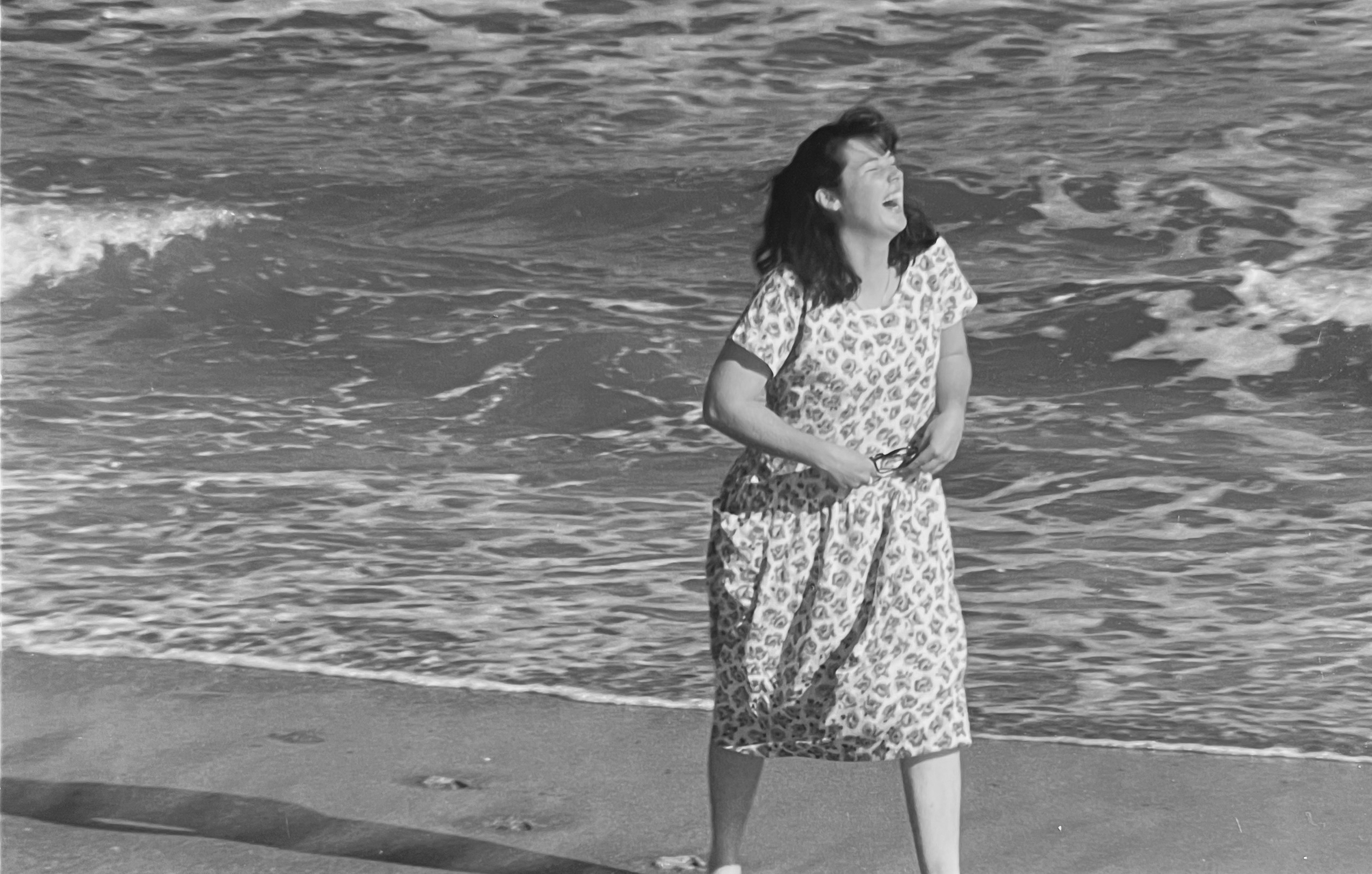
Throughout history it is well-documented that protests, strikes, and movements have the power to change lives, culture, as well as policy. Currently in the US we are seeing the impact of Black Lives Matter drawing attention to the many killings of black men and women by the hands of police, and the Dakota Access Pipeline protests which have been highly documented on social media in order to raise awareness about a project that is infringing on Native American land.
Over the past 30 days there have been two major types of protests elsewhere in the world that have caught our attention, specifically for their focus on women’s issues. They exemplify the growing demand for gender equality on issues that have remained taboo for far too long. Not any more. The first is in Poland, where thousands of women marched in strikes across the country, dubbed “Black Monday protests”, against a new proposed law that would effectively ban abortion entirely.
Poland is already a country that has severely restricted abortion regulations where the only exceptions are a severe and irreversible damage to the fetus, a serious threat to the mother’s health, or when pregnancy is the result of rape or incest. But as many of us invested in the issue of reproductive rights, banning any form of abortion does not reduce the numbers of abortions, it simply forces women to make riskier choices when seeking a termination.

BBC reports that despite the restrictions in Poland, which is a staunch Catholic nation, there are far more illegal abortions occurring (up to 150,00) than legal ones (up to 2000) per year. Sparked by a new initiative which called for an almost complete ban, drawing 450,000 signatures and looked close to being passed, women took to the streets to raise their voices and signs against what was described as a “barbaric” law.
“The new law would criminalize all terminations, with women punishable with up to five years in prison. Doctors found to have assisted with a termination would also be liable for prosecution and a prison term,” reported the Guardian in early October, when the strikes and protests took place.
The women who participated in the uprising against this proposed law feared it would usher in a culture of criminalizing women who suffer miscarriages, as is common across South America where many countries have very restrictive and oppressive abortion laws.
It divided many people, including those in government and the church. Some Catholic leaders, while supporting abortion bans, did not believe in jailing women for the procedure. But it was when the women took to the streets to state their disdain for such a proposal that government officials took notice. The Prime Minister distanced herself from the bill, and the Deputy Prime minister publicly stated that the protests made him take notice, and gave him some “food for thought”.

They are being dubbed the “black protests” and they are not slowing down any time soon. After the initial strikes in early October, where hundreds of thousands of women left work and home to participate, the Deputy Prime Minister claimed the government might possibly consider keeping the rape, incest and health of the mother clause in place, but only placing a ban on abortion in the case of fetal abnormalities. As a result, the proposal lost steam and was all but abandoned.
The protests are continuing because the Deputy PM has now introduced a new bill. People involved in the movement are also advocating for better access to sex education, birth control and demanding an end to the Catholic Church’s dominance in politics and public education.
“The women, joined by many men, have returned to the streets in response to a new proposal by Jarosław Kaczyński, the head of the ruling Law and Justice party. Earlier this month, he said his party wants to ensure that even pregnancies involving a child ‘certain to die, very deformed, still end up in a birth, so that the child can be baptized, buried, have a name’,” reported the Associated Press about the second round of protests.

As these proposed laws continue to draw ire from many Polish people, elsewhere in the world, there are other women who are taking to the streets in great number to protest inequality of a different kind – gender violence.
Prompted by the horrific rape, torture, murder and impalement of a 16 year-old Argentinian school girl by the hands of up to 3 men, women across South America launched protests against the patriarchal culture that has made way for femicide.
Women everywhere from Buenos Aires and Sao Paulo to Mexico City and Santiago marched in the thousands, holding up signs and braving the cold weather to change “Ni Una Menos” (not one less).
“El Salvador has the highest rate of femicide in the world, and the murder of women in Central and South America make up for 50 percent of the world’s femicide,” reported Jenavieve Hatch at the Huffington Post.
“This is a march against femicide. Cases of femicide are growing in number, they are becoming more violent, more perverse – we even had the news today that there have been 19 femicides in the last 18 days,” Buenos Aires Supreme Court Judge Elena Highton de Nolasco to the press.

Every 30 hours in Argentina a woman is killed in such crimes, according to statistics kept by La Casa del Encuentro, an NGO that helps female victims of violence. The problem in that country is alone is so prevalent that a law was passed four years ago legally defining as “femicide” cases of domestic violence, so-called “honour” killings and other categories of hate crimes against women.
In 2015, similar protests wer staged across Argentina, where not just ordinary citizens, but celebrities and politicians took part by raising awareness on social media about “Nia Una Menos” and the culture of “machismo” that sees so many women and girls become victims of gender violence due to laws that shield men from being adequately punished for these crimes. This was also sparked by the high profile news of a woman who was brutally murdered by a male partner.
These protests, organized by the Not One Less movement, were as much about one teenage girl, as they are about the hundreds of thousands of women and girls who are murdered, raped, and brutalized every day. They were referred to in a similar way to the Poland abortion law strikes, “Black Wednesday”, where protesters dressed in black to symbolize mourning the women who have become victims of femicide.

What we are learning from these movements and protests is that the voice of women is needed, and it getting louder. With the increased focus on gender equality around the world, the many initiatives to combat violence and rape, as well as the need to ensure women’s rights are fully protected by law rather than be dictated to or stripped away by governments and religious institutions, we are encouraged by these demonstrations.
Women’s rights should not be optional. Throughout history we have many examples of minorities, oppressed groups and marginalized people recognizing that if there is no existing mandate that ensures equality, it is imperative to demand and fight for it.
The women in Poland as well as the women across South America have put their leaders on notice – that injustice will not simply pass them by anymore.

















